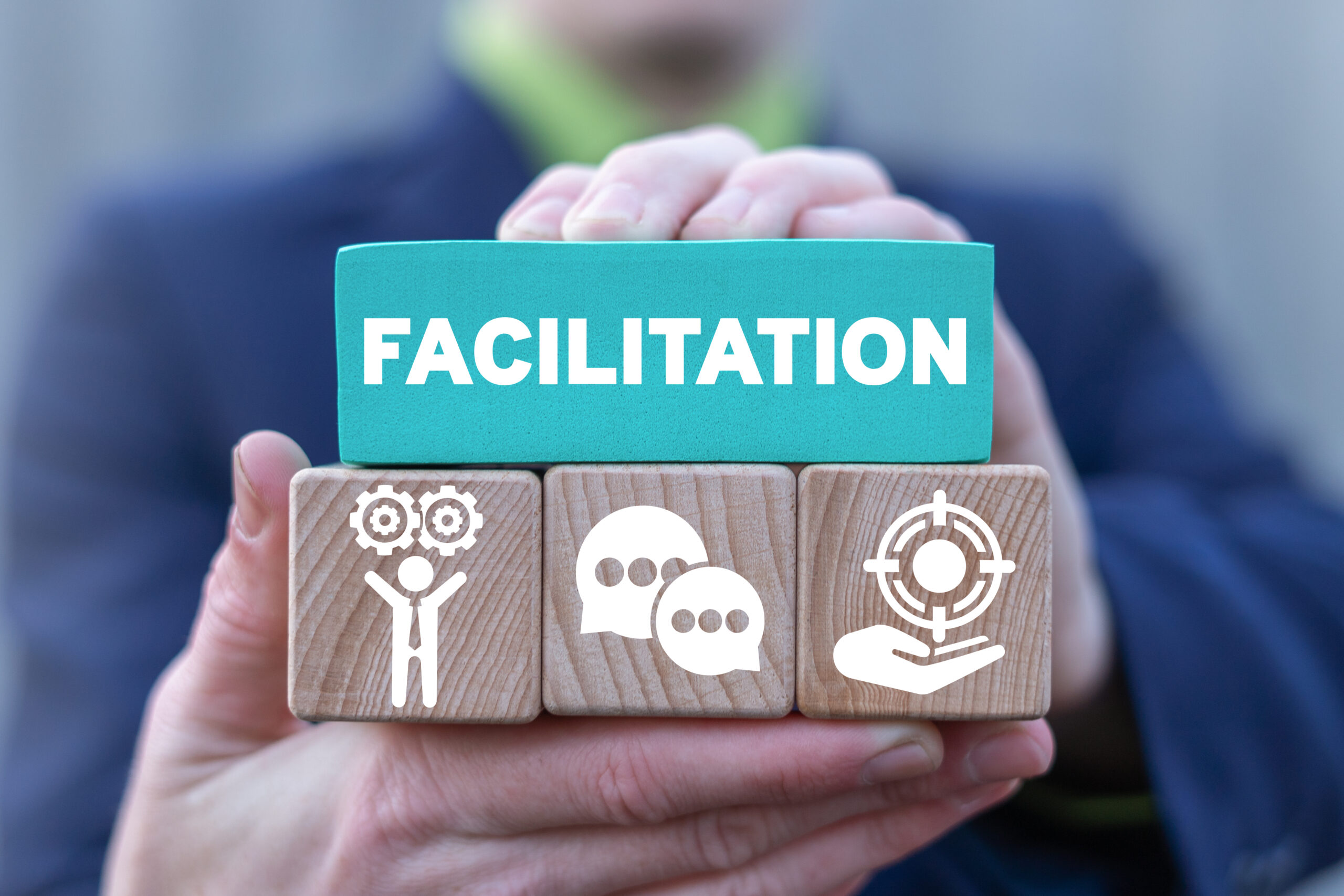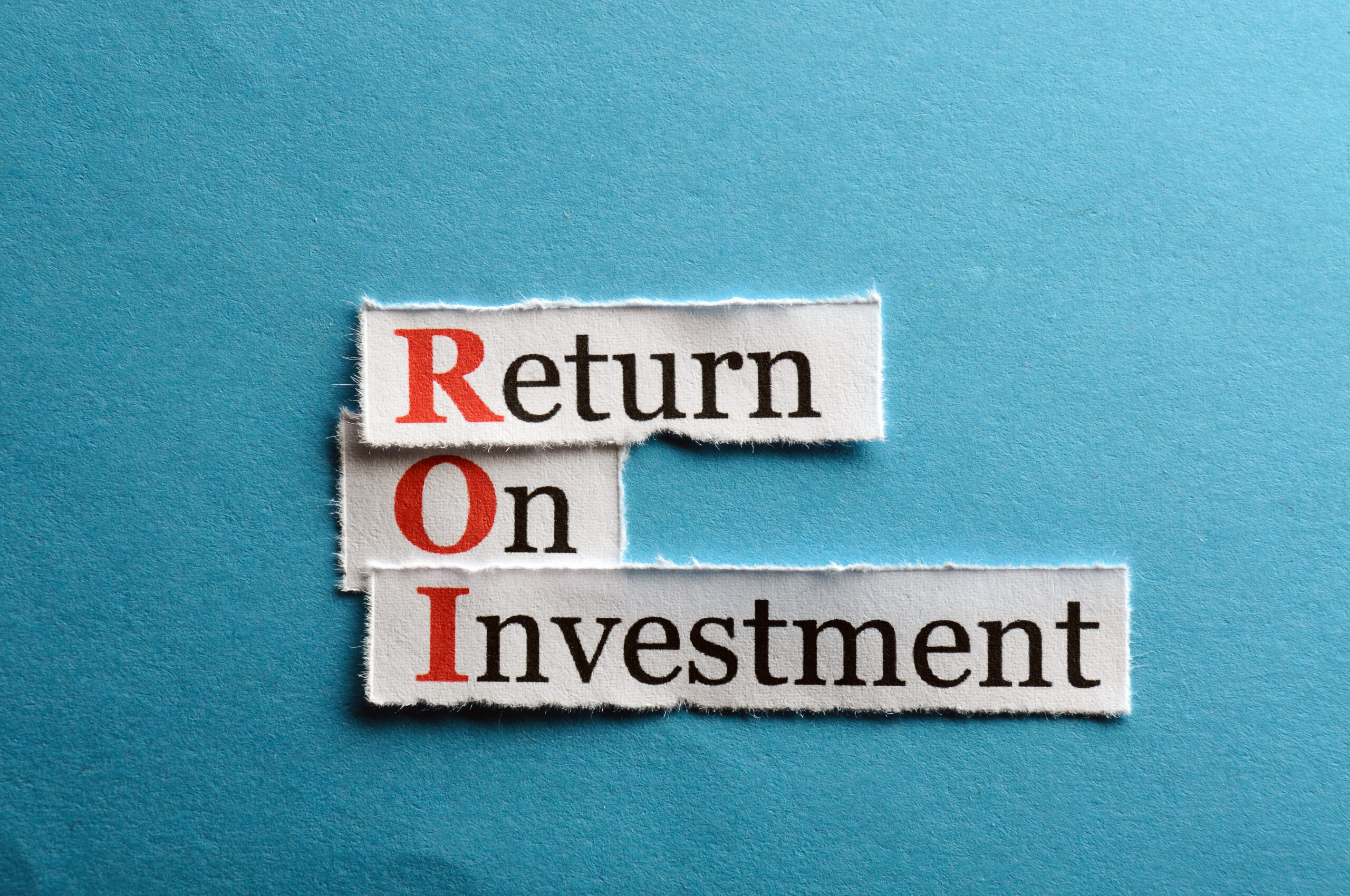How can organisations empower staff to address unintentional exclusion and microaggressions? Salma Shah offers some solutions to improve inclusion and engagement
Many business leaders believe that when it comes to building an inclusive organisation a lack of knowledge holds them back from having the desired impact. Faced with the challenges of the ‘great resignation’, a lack of diversity in the talent pipeline and senior levels. Many organisations are searching for an innovative and fresh approach to creating sustainable change which delivers business outcomes.
Bringing a systemic lens and perspective can support change. There are unspoken systems and rules of what is ok and not ok which need to be understood at different levels. By acknowledging history, organisations can start to reshape and reframe the narrative.
What is a microaggression?
A microaggression is an example of a behaviour or comment which is negatively targeted at someone form a marginalised group, undermining a culture of inclusion and reinforcing privilege. A starting point to address microaggressions in the workplace is to first understand, who, how, when and where these incidents are typically happening. Is this systemic and part of the overall culture or is it just certain individuals? If so, is this cause due to blind spots, lack of emotional intelligence or lack of knowledge? Either way the solution must have a two-pronged approach at both the individual and the systemic organisational level.
We have to accept psychological safety isn’t binary, but more of a sliding scale depending on the context and our wider systemic experiences
Tools for inclusion
Staff need tools to build their ability to be more inclusive and understand what microaggressions are from the perspective of others. Over the years many organisations now view EQ (emotional intelligence) as a core leadership competency or an area of development. The same could be applied to learning to be inclusive. Just as we can learn to develop our EQ for our personal and wider benefit, leaders and teams must explore how to learn to be more inclusive. Staff need tools to help them be more inclusive in a pragmatic way without feeling vulnerable.
Celebrating ‘days’ is a nice to have however we need to move beyond these token gestures to really understand the lived experience of someone who is a minority in a majority space. Organisations need to apply a number of approaches to empower staff to call out microaggressions and develop the skill of being more inclusive.
Employee resource groups can encourage establishment of inclusive language guidelines for the company and give examples of microaggressions. This must be recorded in a live document that is reviewed and updated regularly – this helps to avoid assumptions on the nature of inclusion and microaggressions.
Have regular brainstorm sessions around how to be more inclusive, and on recognising microaggression and ensure these are attended by a variety of people – don’t rely on a few people to contribute as they need to represent all groups within the organisation.
Formalised actions such as including preferred pronouns on every email and communication increases awareness. Agree rules for how to have ‘clumsy conversations’ around sensitive topics. Avoid misunderstanding by having a specific and intentional meaning of what Inclusion means to your organisation
Psychological safety
Psychological safety is a non-negotiable if people are going to feel empowered to call out unintentional exclusion and microaggressions. It is important that this is created on an ongoing basis. Being safe isn’t the same as feeling psychologically safe this is about feeling within ourselves is an instinctive gut feeling that we are emotionally safe.
Psychological safety is at the heart of our sense of belonging, feeling included, thriving and performing to our best capability at work. Cultivating psychological safety for all means recognising that we must also acknowledge the wider systemic impact of people who have experienced exclusion and micro-aggressions. An acceptance of the complex biography of experiences that lead to someone feeling psychologically unsafe. This could be because of their social class, race, gender, religion, sexuality, disability or social class, culture, family of origin.
Be curious about how psychologically safe people are in the first place, and question whether asking them to call out microaggression and exclusion is unfair if the system isn’t set up to support any backlash. Which could and does happen to those who do speak up. Much has been written about the many benefits of psychological safety in the workplace, including higher performance, innovation and profitability. Dr Amy Edmondson defined psychological safety as “a shared belief held by members of a team that the team is safe for interpersonal risk-taking.” That it is ok to speak up without the fear of being punished, ridiculed or humiliated. Also, that it is perfectly ok to make mistakes.
Psychological safety is an innate feeling that there is no threat or harm to our mental wellbeing. It is important to acknowledge that a lack of psychological safety for those from under-represented groups carries a far heavier and multi-layered penalty.
To believe there is a one pill magic solution to living a psychologically safe life forever more is wishful thinking and unrealistic. Despite the growing interest in this area which is positive and encouraging we have to accept psychological safety isn’t binary, but more of a sliding scale depending on the context and our wider systemic experiences.
Creating a feeling of psychological safety is a fragile balancing act of empathy, trust, courage, respect and vulnerability. When staff don’t feel psychologically or emotionally safe this will inevitably have a negative impact on the overall performance of the organisation. Creating and nurturing psychological safety in teams needs patience and time. Accepting that some staff will take longer to get there while others may never open up entirely.
Embarking on initiatives that bring fundamental change to how we do things isn’t plain sailing. Loyalty to the past can be detrimental – how do we create new loyalty? Many organisations have unspoken cultural tectonic plates which are an ethos of the past. What is this organisation going to be like in the next 20 to 50 years?
The inclusive leader
Inclusive leadership is for future leaders that want to lead with intention. A diverse leadership team creates more opportunities for all voices to be heard and a safer space to call out exclusion and microaggressions. Those who want and need to move from a transactional to a transformational coach-like leadership style. Leaders who intentionally partner with stakeholders to build diverse, equitable and inclusive teams. They want to inspire trust and create a culture where there is an acceptance of all. These future leaders anticipate challenges along the way and are skilled at leaning into complex conflicts. Seeking out opportunities to create connection through candour, fairness and equity. Empowering staff to address unintentional exclusion and microaggressions is a call to action to change the energy at an organisational level.
Salma Shah is an accredited coach, the founder of coach training and leadership development platform Mastering Your Power, and author of Diversity, Inclusion and Belonging in Coaching: A Practical Guide




